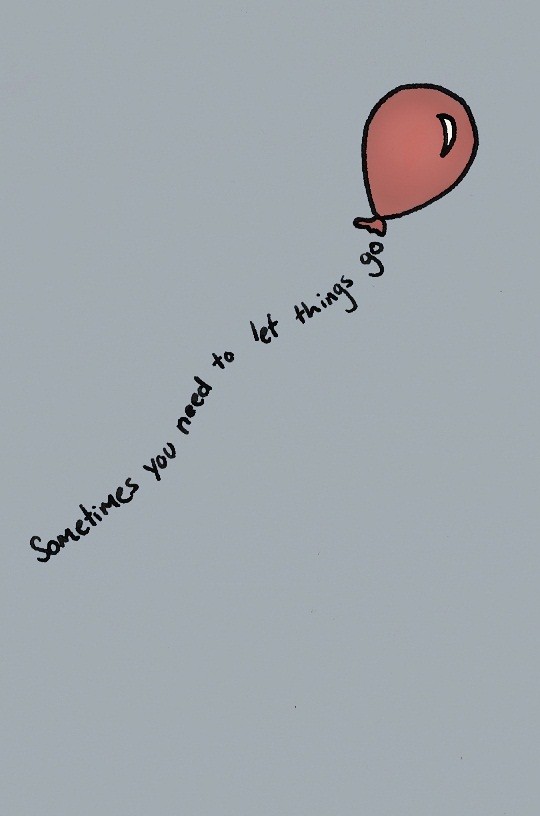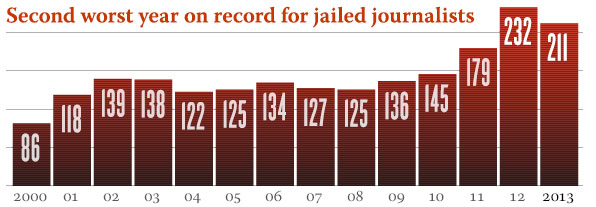Sleep is a word that isn’t in every ones vocabulary when you are in college.
According to sleepfoundation.org, it is recommended to have 7 to 9 hours of sleep as an adult a night. Students who get 6 hours of sleep consider themselves lucky. Early morning classes, late night study sessions and simply not being comfortable stop most college students from sleeping and having a normal sleeping pattern.
Sleep is vital for a person to lead a productive day. Students go to class almost every day out of the week besides Saturday and Sunday usually, but it is very important to find time to sleep.
Deprivation of sleep leads to “increased risk of motor vehicle accidents, increase in body mass index – a greater likelihood of obesity due to an increased appetite caused by sleep deprivation, increased risk of diabetes and heart problems, increased risk for psychiatric conditions including depression and substance abuse and decreased ability to pay attention, react to signals or remember new information” states sleepfoundation.org. Sleep is very important to the human body especially if you are expected to absorb new information after every class.
I’m pretty sure professors deal with the same problem but at the end of the semester they are the people who give us grades, not vice versa so it is essential to give our bodies rest to be able to earn these good grades we all look for.
Put down the books after 11pm if you have an 8:30 class, shut off the television and the video games and GO TO SLEEP. Most students have a problem doing this because it is easy to get distracted at night time when you are not tired from either music, computers, Facebook, Twitter, Instagram, texting. Stop depriving your body from what it really needs and get sleep!
If you have a class at 2:50 or 11:40, don’t wake up late and go to sleep late because it messes up your sleeping pattern for the rest of the week. Make your day productive and don’t sleep in late either. Get the essential hours you need and don’t overdo it.
Sleeping more hours than your body needs may also harm your body. There isn’t any scientific proof yet but scientists say that sleeping too much is associated with illness, acidents and mortality.
“Currently, there is no strong evidence that sleeping too much has detrimental health consequences, or even evidence that our bodies will allow us to sleep much beyond what is required,” says Kristen L. Knutson, PhD, Department of Health Studies, University of Chicago. “There is laboratory evidence that short sleep durations of 4-5 hours have negative physiological and neurobehavioral consequences. We need similar laboratory and intervention studies to determine whether long sleep durations (if they can be obtained) result in physiological changes that could lead to disease before we make any recommendations against sleep extension.”
Even though there isn’t proof that a lengthy sleep affects our bodies, from personal experience I think it does. I sleep like a hibernating bear during the weekends and I hate getting up early any day of the week but I noticed that when I do sleep in late during the weekends I tend to be very tired and weary all day. Then during the night I become energized and don’t go back to sleep until 3 or 4 in the morning. This is a huge problem that I am dealing with myself. At first it was the new atmosphere that I was sleeping in, then it was the noise in my hallway but now it has become a pattern and it is problem.
Sleep is necessary so GET SOME SLEEP but don’t overdose on it, it will affect your body negatively.










Wilfredo Reyes, Jr. • Feb 25, 2013 at 11:49 pm
Hello there! You make some very good points regarding sleeping habits and the importance it plays in college life. I’ve remember reading a study that chronic sleep deprivation puts you in a pre-diabetic state, makes you want to eat more, increases stress hormone cortisol (which has negative side-effects in the long term such as, lowering the ability of your immune system to function), and has a negative effect on your memory. The researcher conducting the study said something along the lines of, “practice, plus a good nights sleep, makes perfect.” Nonetheless, thank you for bringing up this topic! Hopefully this will help others.